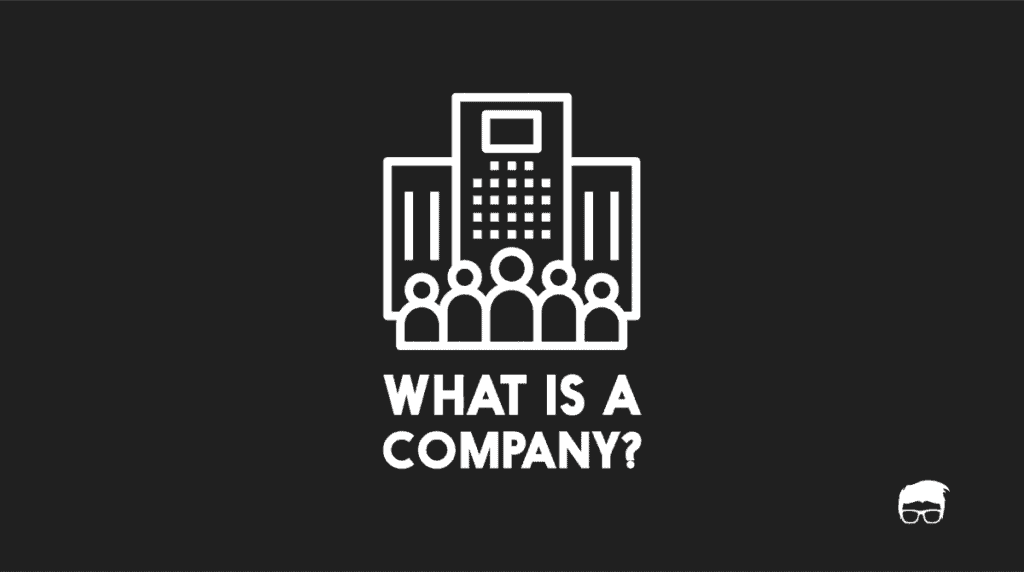Antwort What is a startup UK definition? Weitere Antworten – What is the definition of a startup in the UK
Startups are founded by one or more entrepreneurs who want to develop a product or service for which they believe there is demand.A startup is a company that's in the initial stages of business. Founders normally finance their startups and may attempt to attract outside investment before they get off the ground. Funding sources include family and friends, venture capitalists, crowdfunding, and loans.American style tends to lose the hyphen while British style loves it dearly. Both Oxford Dictionary and Cambridge Dictionary advise the hyphenated start-up noun. While Merriam-Webster claims startup in one word to be an alternate version.
What is a startup example : Examples of such startups include Google, Uber, Facebook, and Twitter. These startups hire the best workers and search for investors to boost the development of their ideas and scale.
What is a startup vs small business
Speed of Growth
While startups rapidly disrupt a market by introducing new methods or products into an industry, small businesses adapt existing business models to new local markets to create slow, sustained growth.
What is the difference between a company and a startup : The definition is as follows: a startup is “a temporary organization designed to look for a business model that is repeatable and scalable.” While a company is “a permanent organization designed to execute a business model that is repeatable and scalable.” Therefore the difference is that startups look for an …
Startups are not built to return profits immediately. The goal is to take the company public and profit that way. Small businesses usually don't have investors and VCs to worry about. They are also often set up to generate a profit right away, because they're following well-established business models.
start up | start something up. to begin working, happening, etc.; to make something do this.
Is A Start Up the same as a business
Startups have a much higher growth potential than small businesses. They are often focused on developing a product or service that can be scaled quickly and have a large market potential. Small businesses, on the other hand, typically have limited growth potential because they are focused on a specific local market.Small Business Startups – Essentially these are just small businesses, but as they are often treading new ground for their owners and because they are new, they are still startups. Scalable Startups – The most typical vision of what we like to think a startup is. These are companies that like to think big.Startups want to grow with the goal of disrupting the market. Small businesses, on the other hand, are created for the purpose of entrepreneurship and serving a local market—and therefore, aren't concerned with growth on such a large scale.
Existing metrics to define a startup
According to Wilhelm's initial proposition, a company cannot be considered a startup if it generates revenue that exceeds $50 million, employs more than 100 people, and has a valuation of $500 million or more.
How long is a startup considered a startup : Scale is typically measured in terms of revenue, number of employees and valuation, but can also include age i.e. categorizing companies that are more than 5 years old as no longer startups.
Is every small business a startup : Startups want to grow with the goal of disrupting the market. Small businesses, on the other hand, are created for the purpose of entrepreneurship and serving a local market—and therefore, aren't concerned with growth on such a large scale.
Is startup a formal word
Use startup consistently: this tends to be more casual and aligned with colloquial jargon that is ultimately grammatically correct. Use start-up consistently: this is more formal and widely accepted as dictionary approved.
The earliest known use of the adjective start-up is in the mid 1500s. OED's earliest evidence for start-up is from 1557, in the writing of Bartholomew Traheron, protestant writer and reformer. start-up is formed within English, by compounding.Startups may prioritize expansion and may look for opportunities to scale up their operations and enter new markets. SMEs more focused on stability and profitability. While they may still have aspirations for growth, their primary goal is often to maintain a steady stream of income and serve a specific, local market.
Is a startup a small version of a big company : Entrepreneurs who have run a startup know that startups are not small versions of big companies. Rather they are different in every possible way – from goals, to measurements, from employees to culture.

:max_bytes(150000):strip_icc()/startup-53e4843c1edb49dd99492d4cc9802e83.jpg)



